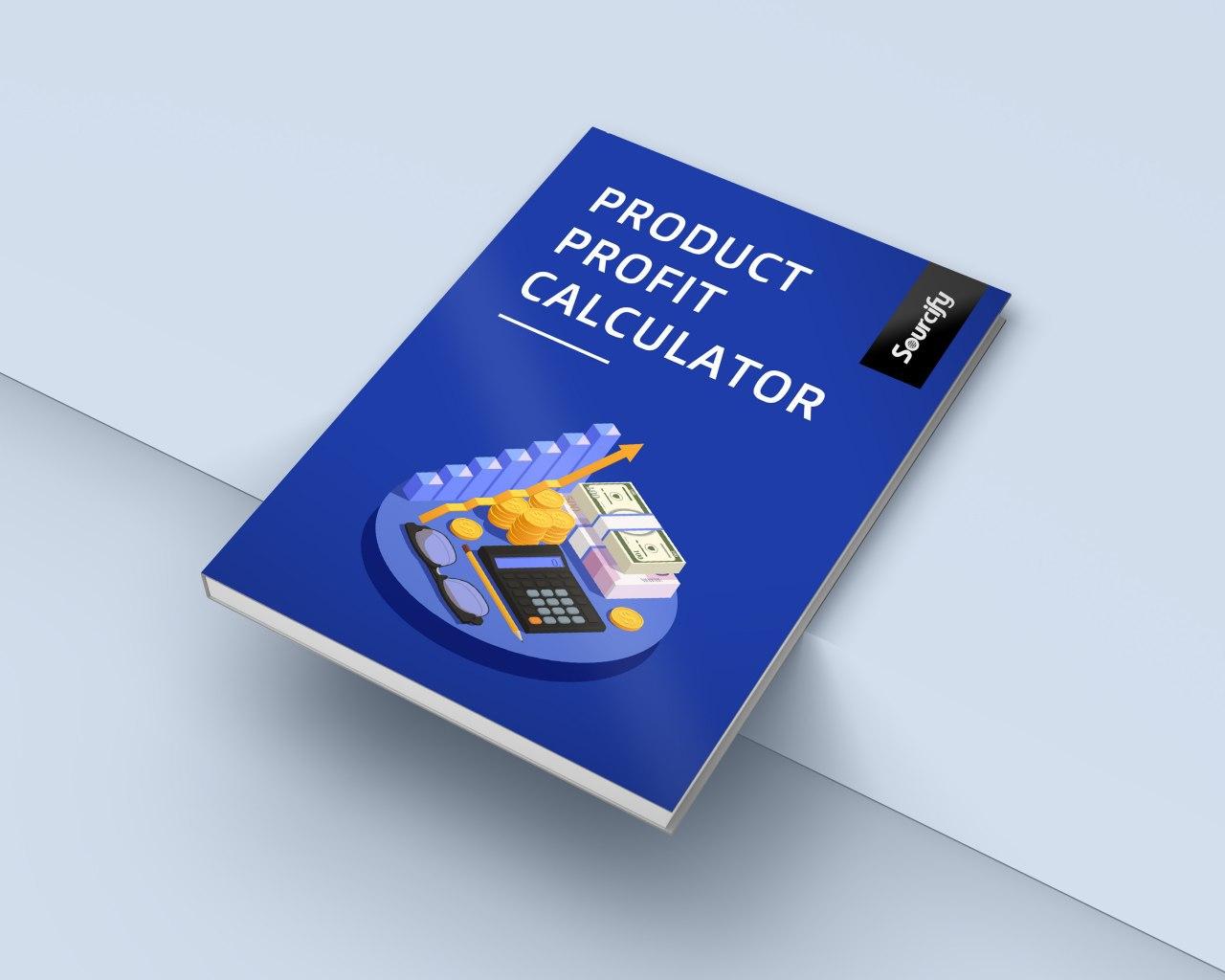Negotiation is a central part of life as an entrepreneur. Whether you’re trying to convince a potential customer to buy your product or get an investor to provide a loan, your ability to successfully negotiate with others will play a big part in your chances for success.
Of course, sound negotiation skills become even more important when working with your suppliers — the people who actually manufacture your products and in many cases, also manage order fulfillment as well.
Even a tiny discount can lead to big savings later on, especially when your company starts to scale. A 30-cent discount on an order of fifty products may not seem like much now, but when you start placing orders for thousands of products, the savings can really add up.
Good negotiation tactics are also necessary to ensure your products turn out exactly how you want. Everything you can do to guarantee a quality outcome makes you all the more likely to successfully appeal to your customers.
Of course, negotiating with overseas partners isn’t always easy. So how do you go about effectively communicating with your suppliers so you can get the best deal possible? Here are six tips that can help ensure you get the right outcome.
1) Do Your Homework
You won’t be able to make much progress in your negotiations if you haven’t done a fair share of research in advance. You should understand the basics of working with overseas suppliers, while also conducting in-depth research on individual businesses to create a preliminary list of partners who seem like they would be a good fit.
Researching basics like available product types, minimum order amounts and shipping policies can help you get a better idea of which suppliers have the potential to meet your needs.
Not only will this help you make a good impression with suppliers once you pick up the phone and call; it will also help you avoid wasting time with providers that wouldn’t be a good fit.
2) Clearly Communicate What You Want
Knowing exactly what you’re looking for is another essential aspect of supplier negotiation.
Before you even begin negotiating with potential manufacturing and fulfillment partners, you should have already figured out key product specifications like dimensions, materials, logos, colors and how big of an order you wish to place.
Be thorough. Suppliers want to see that you know what you’re talking about. If you haven’t already determined your product specifications, you won’t be able to get accurate quotes from potential suppliers.
An inability to provide complete specs could also make a supplier less eager to work with your brand in the first place, as your perceived inexperience will make it appear unlikely that you have potential to become a long-term customer.
3) Shop Around
If you want to gain a competitive advantage, you should never simply accept the first quote you receive. In an interview with Inc. magazine, DC Fawcett of Paramount Digital Publishing advised, “Always get the service quoted by at least three other suppliers. I let the supplier know that I am getting quotes and will go with the best one available. This creates some competitive pricing.”
Suppliers want your business. More often than not, shopping around and getting multiple quotes will allow you to leverage additional discounts or benefits from your preferred supplier.
Even if you already have an “ideal” partner in mind, don’t be afraid to ask if they match competitor discounts — this can allow you to get big savings while still working with the most qualified fulfillment partner.
4) Show You’re In It for the Long Haul
You’re not the only one who stands to lose or gain money based on who you pick as a supplier. Generally speaking, overseas suppliers prefer working with long-term clients, rather than someone who is simply placing a “one-and-done” order.
When trying to negotiate discounts and other benefits, emphasize how you are looking for a lasting supplier relationship. Ask about additional perks that the supplier provides to their long-term customers.
In the long run, it’s better for the supplier when you agree to a long-term partnership. This makes them more likely to offer special discounts in an effort to woo your business, ultimately creating a win-win for everyone involved.
5) Know the Language
When negotiating with overseas suppliers, it’s important to remember that you won’t always be dealing with someone who speaks English as a first language. Regardless of whether you’re communicating via email or in a face-to-face conversation, this means you need to keep your language simple. Learning a few words and phrases in Chinese won’t hurt, either!
Your suppliers probably understand basic English terms related to product specifications, but this doesn’t mean you should dive into industry-specific jargon.
However, this doesn’t mean you should speak to them like children, either. Instead, you should find a respectful balance that ensures neither side will have to constantly run to Google Translate to figure out what the other wants.
6) Build a Relationship
One of the most talked-about aspects of doing business in China is guanxi.
As Anthony Goh and Matthew Sullivan explain, while guanxi “is about building a network of mutually beneficial relationships which can be used for personal and business purposes,” Chinese culture takes things a step further. Business professionals often get to know each other outside of formal meetings to deepen their relationships.
In an ideal world, this means you would visit suppliers in person and participate in these informal gatherings to cultivate stronger relationships. While this may not be possible for an emerging startup that is still tight on cash, you can still take small steps to build stronger bonds with your suppliers, such as sending gifts or offering to write a testimonial.
These behaviors lay the foundation for more positive interactions, which will give you much greater leverage in future negotiations.
Negotiate Your Way to Success
Using your negotiating skills to form a beneficial relationship with the right supplier won’t just help you save money. It can also ensure that you get access to higher-quality materials and better customer service.
Ultimately, it will be your key to making sure your startup has the right infrastructure in place to achieve your growth goals. By using your negotiating skills to get the best deal possible for this central part of your e-commerce platform, you’ll be able to fast-track your way to success.




